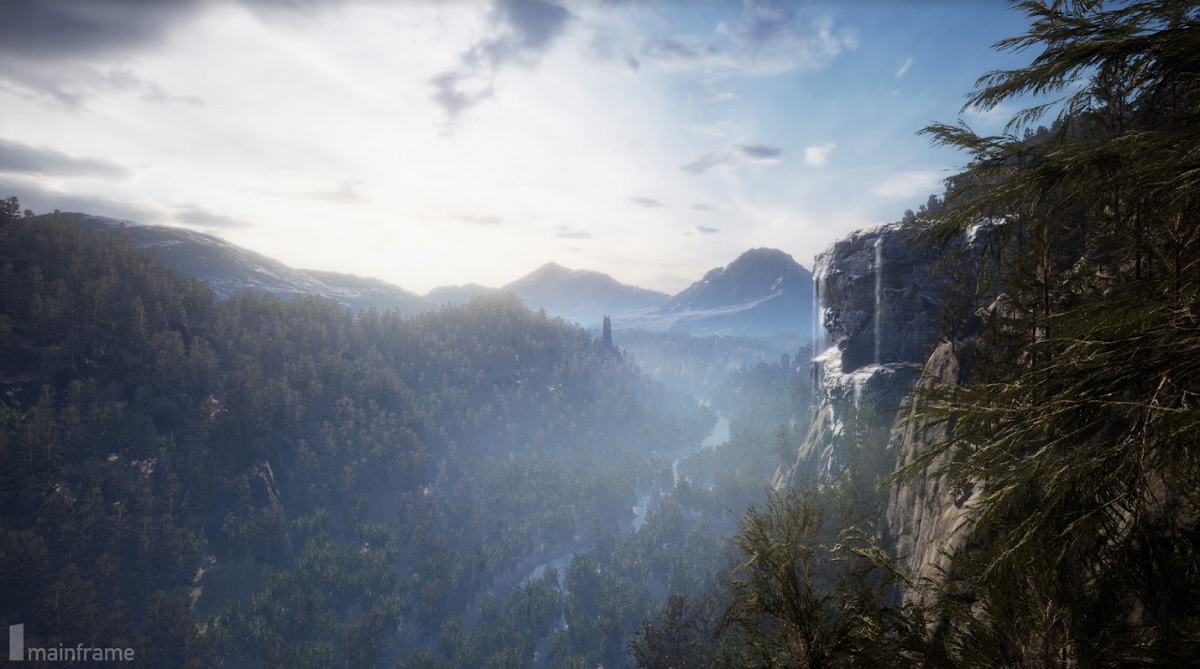Andreessen Horowitz is one of Silicon Valley’s biggest venture capital firms, investing in both early-stage startups and established growth companies. Its investments run the gamut of software industries, and lately, it has also been investing in games.
Started in 2009 by Netscape founder Marc Andreessen and entrepreneur Ben Horowitz, Andreessen Horowitz has backed companies such as Skype, Airbnb, Lytro, GitHub, Ripple, Oculus VR, BuzzFeed, and CryptoKitties. The firm, also known as a16z, has more than $12 billion in assets under management across multiple funds.

Unlock premium content and VIP community perks with GB M A X!
Join now to enjoy our free and premium membership perks.
![]()

![]()